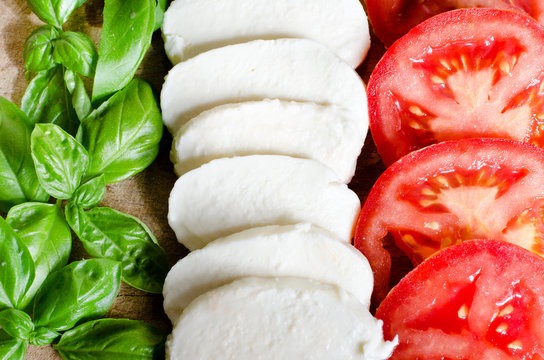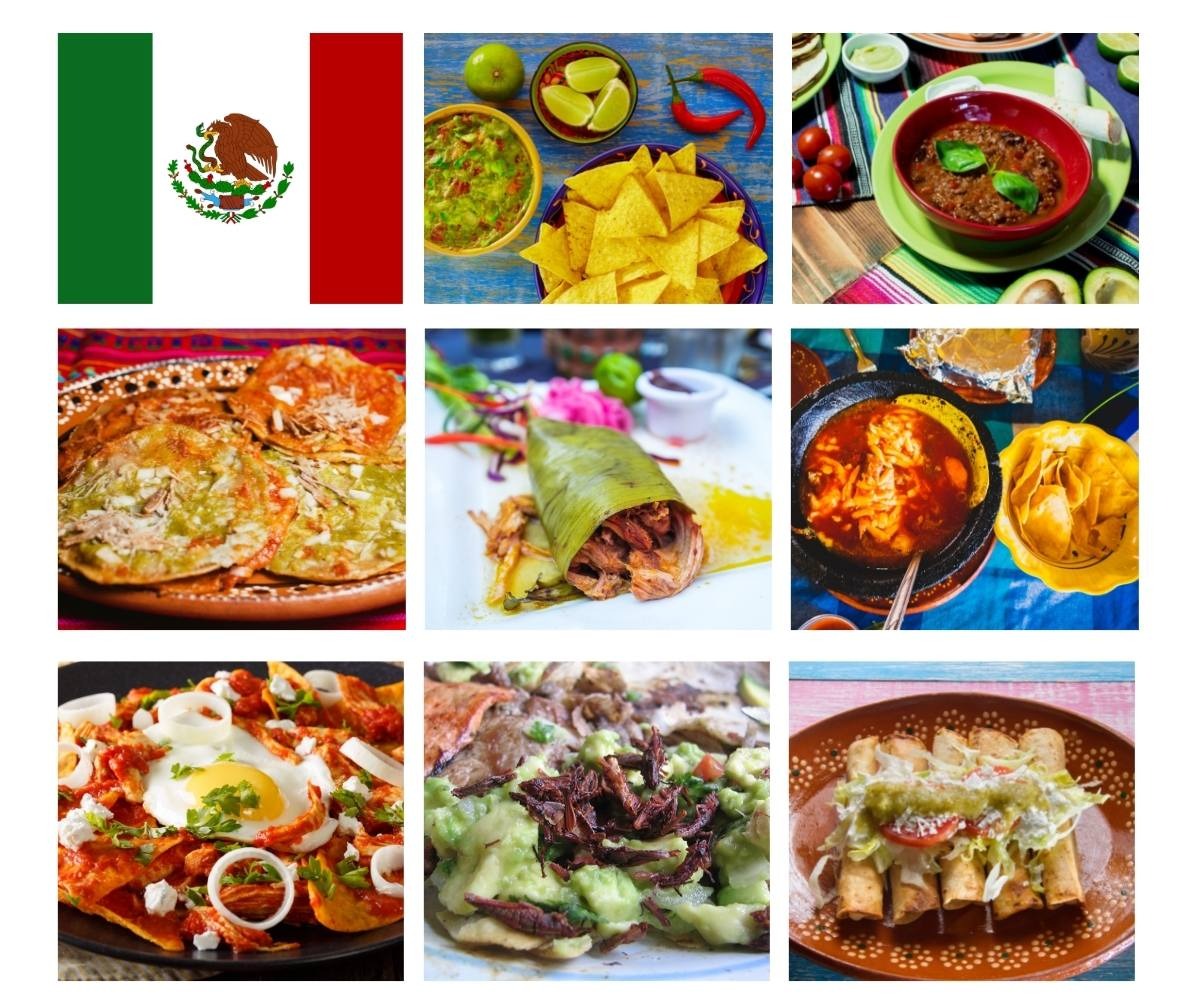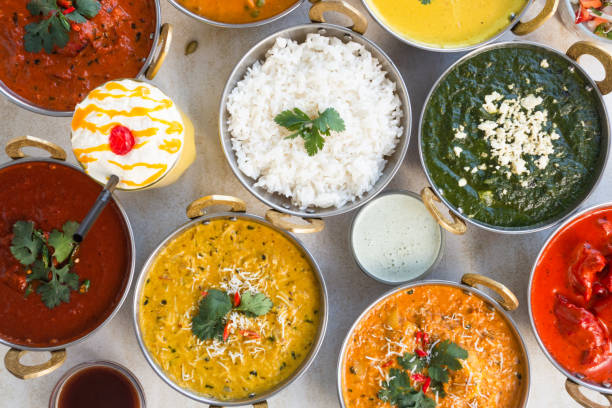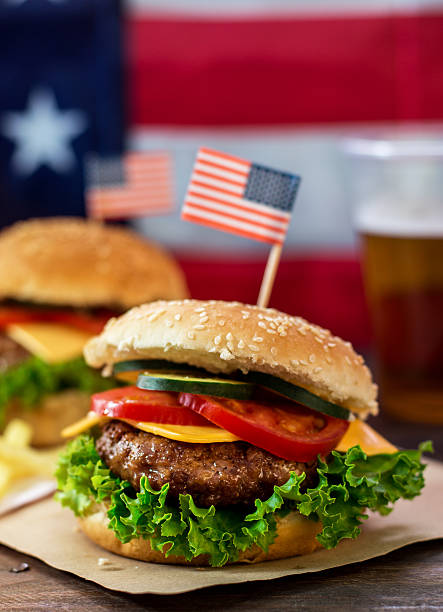
Let's take a tour of Italy!
The history of Italian cuisine is a rich tapestry of culinary evolution, deeply rooted in the country's geography, climate, and historical events.
Ancient Origins
The culinary traditions of Italy can be traced back to the ancient Etruscans, who primarily subsisted on a diet of meat, soups, and variations of cereal. They are credited with the invention of olive oil, a staple in Italian cuisine.
Roman Influence
The Roman Empire significantly influenced Italian cuisine, with the ruling classes feasting on roasted game, fish, and wine, while peasants consumed a diet similar to the modern Mediterranean diet: bread, olive oil, cheese, and seasonal vegetables.
Middle Ages and Renaissance
During the Middle Ages and Renaissance, Italian cuisine began to reflect the regional differences that define it today. The nobility and wealthy merchants of this period used food as a status symbol, employing professional chefs to create elaborate dishes.
17th and 18th Centuries
In the 17th and 18th centuries, Italian chefs started to define and unify Italian cuisine by celebrating regional differences and experimenting with more complex food arrangements. This period saw the introduction of new ingredients from the Americas, such as potatoes, tomatoes, sweet peppers, and corn, which gradually became integral to Italian cooking.
Modern Developments
The 20th century brought about significant changes, including the influence of global cuisines and the rise of Italian restaurants worldwide. Italian cuisine continues to evolve, adapting to new tastes and dietary trends while maintaining its core values of simplicity, quality ingredients, and regional diversity. Throughout its history, Italian cuisine has been shaped by its geography, climate, and the social and economic changes of each era, making it a vibrant and diverse culinary tradition that continues to influence global gastronomy.

Let's take a tour of Mexico!
Mexican cuisine is a rich tapestry of flavors and traditions, deeply rooted in the country's ancient civilizations and influenced by Spanish colonization. The culinary heritage of Mexico can be traced back to the pre-Columbian era, particularly influenced by the Aztec and Maya civilizations. These indigenous peoples utilized local ingredients such as corn, beans, and chili peppers, which remain staples in Mexican cuisine today.
European Influence
The introduction of European ingredients and cooking techniques by the Spanish in the 16th century significantly impacted Mexican cuisine. This fusion led to the development of dishes like mole, a complex sauce made from chocolate, chilies, and various spices, and tamales, which are made from corn dough and filled with meats or beans.
Let's Celebrate!
Mexican cuisine is celebrated for its variety and complexity, with regional differences reflecting the diverse landscapes and cultures of the country. It is known for its vibrant flavors, often described as spicy and tangy, and its use of fresh, local ingredients.

Let's take a tour of India!
